The MAHA movement continues to galvanize and grow across party lines.
On August 12, the Heritage Foundation partnered with American Regeneration to host two robust panels focused on the capacity to improve Americans’ health by transforming the nation’s industrial agriculture systems. The panels featured some of the nation's foremost experts on regenerative agriculture, food marketing, investment policy, and soil science.
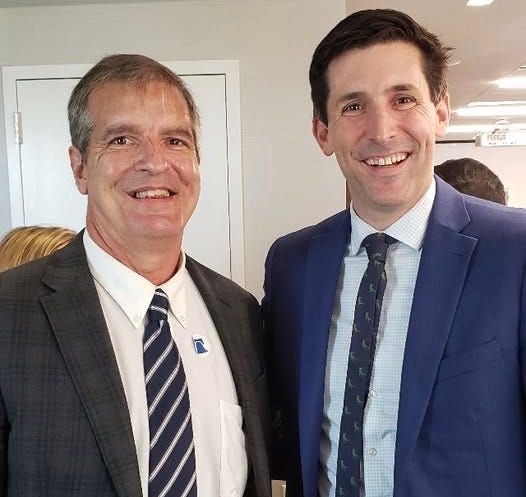
Calley Means, an advisor to Health and Human Services, kicked off the event, titled “The Future of Farming: Exploring a Pro-Health, Pro-Farmer Agenda.” Means summarized the theme of the day as well as the monumental opportunity the MAHA movement presents. “We are the sickest country in the world,” he said. “We are spending three to four times more than any other country in the world on healthcare and we’re living 7-8 years less than many other developed countries.”
Continued Means:
“The conundrum is that … 90-95% of medical costs are tied to… medical conditions that are tied to our food and I think the biggest issue facing our country is why is that the case and our farmers are suffering so much…. They are the key to solving this health care crisis demonstrably.
“And the reason we’re here is ‘cause that frustration, that conundrum has been channelled into a political movement, this unlikely collaboration of President Trump and Bobby Kennedy. We have achieved, the Trump administration, I believe the most significant food policy reform in American history.”
Means listed a number of forthcoming policy changes including reform of the FDA’s Generally Recognized As Safe (GRAS) system to examine the health impacts of thousands of food ingredients currently contained in Americans’ foods; reform of the Supplemental Nutrition Assistance Program (SNAP) program to exclude coverage for soda and candy (which presently absorbs 18% of program spending); transform the nutrition guidelines (MyPlate); and improve front-of-package food labeling.
Means emphasized that shifting agricultural systems and reconnecting people to healthy soils will be a long-term effort requiring greater monetary support for farmers, rather than massive spending on medical care. This is a prescription for the prevention of illness through healthier diets.
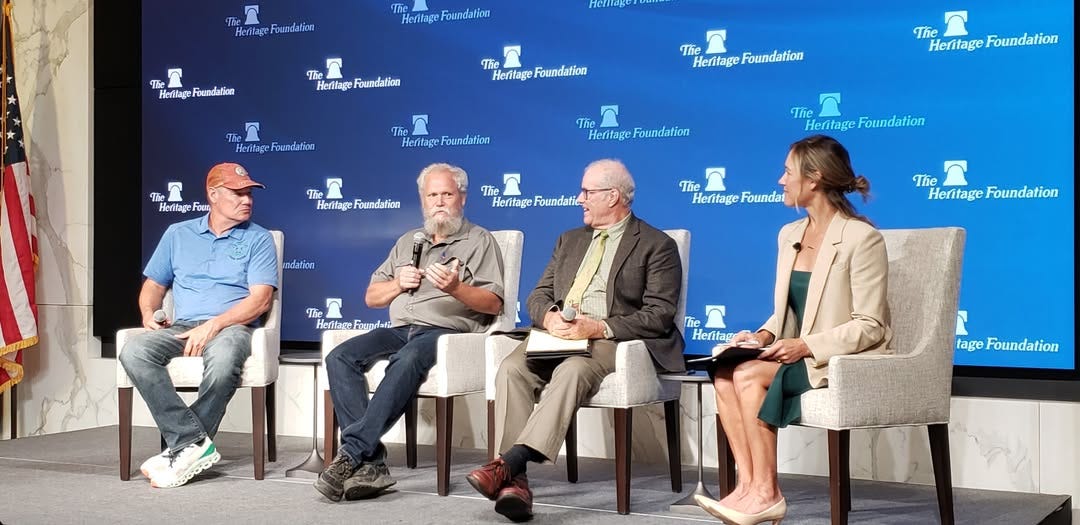
The first panel discussion, moderated by Jennifer Galardi, Senior Policy Analyst for Restoring American Wellness at the Heritage Foundation, included three veteran regenerative farmers: Rick Clark, David Stelzer, and Joel Salatin. The conversation focused on the logistics of transitioning conventional farms to regenerative production, including the time required, methods for motivating farmers, practical requirements, and potential scientific and technological approaches to support farmers in implementing these changes.
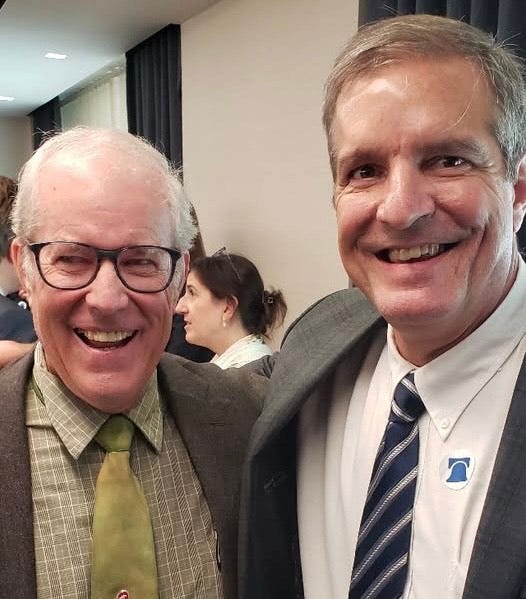
Salatin discussed practices that rebuilt his soils while improving profitability by eliminating industrial inputs. Stelzer related his personal story of struggling with illness as a child, which led his father to change to organic farming methods in the 1970s. Stelzer said it took close to a decade to rebuild the microbial health of his farm’s soils due to the dry climate, but says he is now able to transition soils in a 3-5 year period.
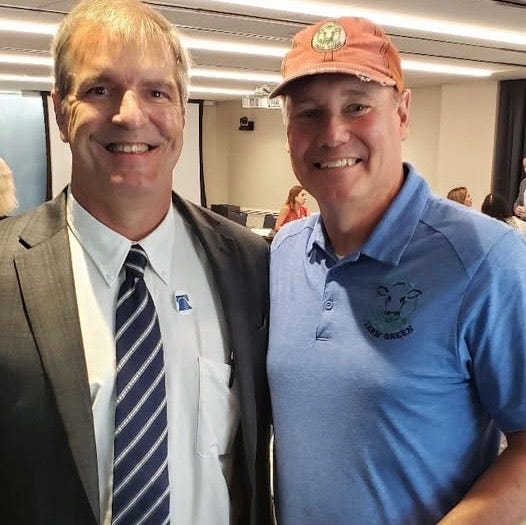
Clark explained that he transitioned his conventional farm in four years, explaining that the biggest challenges are in persuading conventional farms to take that risky leap:
“The challenges are it is a totally different mindset of farming. The current farming environment has a huge red “Easy” button that they can push every day. It’s chemicals, it’s tillage, it’s whatever makes the job easy, and to get the mindset to leave that comfort zone, that’s difficult.”
Moderator Galardi guided the three farmers through a thoughtful discussion on how to incentivize and educate conventional farms to adopt this new mindset, as well as discussions about the demonstrated health benefits of organic foods.
At the close of the panel session, each panelist was asked to identify their top issue for supporting a transition to more sustainable and regenerative practices. Rick Clark suggested developing a regional structure that utilizes informed experts in each of nine regions to teach farmers how to adjust their practices to match the geographical and climatic conditions within each region. Stelzer argued that government subsidies will be a vital tool to support farmers. Salatin touted a “Food Emancipation Proclamation” by which Americans would be free to purchase wholesome foods directly from local farmers without any government regulatory interference.

The second panel, moderated by Jay Richards, Director of the Heritage Foundation’s DeVos Center for Human Flourishing, featured soil and organic farming expert John Kempf, investment fund manager Carter Williams, and gluten-free food processor and marketing guru Colleen Kavanaugh. Dr. Richards proposed that technologies often have well-intentioned beginnings before their negative costs become evident, and that this has been the case for industrial agriculture. He navigated the panel through considerations of changing technologies, greater awareness of soil microbes, and how to improve farming techniques in line with evolving novel technologies.
Williams offered a fascinating explanation of how challenging it has been for venture capital investors to achieve sufficient profitability in agriculture, concluding that building public demand is a critical component to changing business markets consistent with the needed dietary changes to increase demand and thus profitability. Kavanaugh offered passionate prescriptions for future customers through labeling transparency that would disclose levels of heavy metals, pesticides, and herbicides in each food, emphasizing that “We have to give them metrics that prove to them that this is actually different than what the alternative is.”
Taking a more scholarly approach, Kempf offered insights about the power of microbial science and traditional farming knowledge to improve food nutrients while nurturing ecosystems. Kempf advocated for regenerative farming methods, emphasizing the importance of building “collaborative and symbiotic” relationships that will “regenerate the capacity for stewardship.” He explained that one modern view of how to reclaim landscapes is “to remove people from the landscape,” but that a second view, to which he ascribes, is faster, and instead incorporates people as loving, caring stewards in that ecosystem.
The Heritage Foundation event highlighted the urgency to reform American agriculture, and how the MAHA movement is poised to help achieve such reform. But, as the panel discussions revealed, making America healthier again means making soil healthier – something farmers know how to do – but not overnight.
The event made certain that Americans across the political divide share passion, determination, and hopefulness that they can change how we farm and how we eat.
As the MAHA revolution continues to build momentum and direction, the Heritage Foundation says it plans to host additional food-focused panels.
Takeaways:
– A stimulating bipartisan event assessed the challenges facing the MAHA movement to fashion effective policies to improve food supplies.
– American farmers and entrepreneurs already know a great deal about how to improve soils and food production. As the MAHA movement expands and strengthens, it will become better able to tackle these challenges.

Inside MAHA’s Power Meeting: Senator Rand Paul, Dr. Drew, Russell Brand, Cheryl Hines & More!
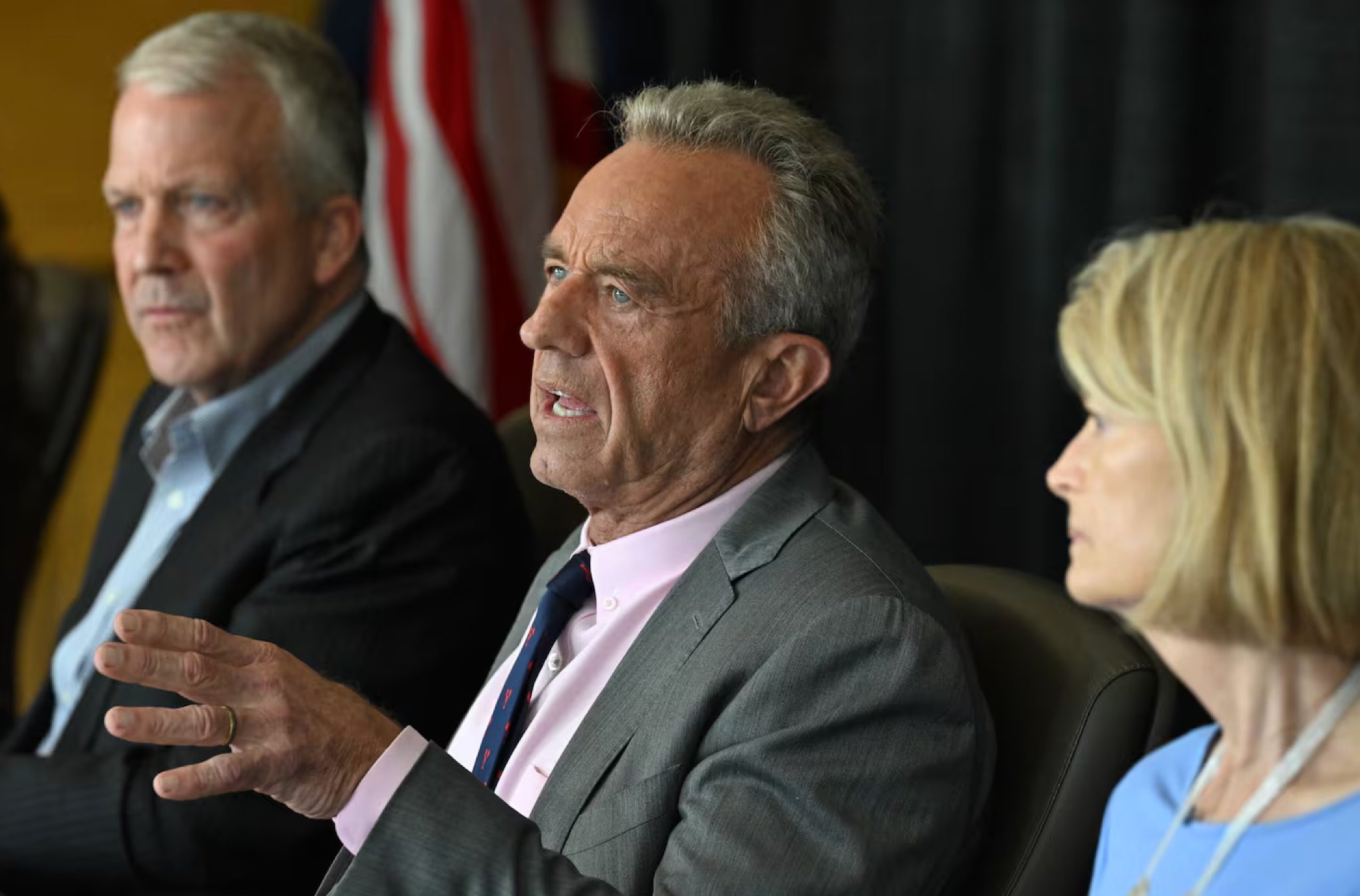
As HHS Secretary Kennedy Moves to Unravel America’s Corrupt Food System, Native American Health Is Never Far From Mind

Breaking: HHS Secretary Kennedy Terminates 22 mRNA Vaccine Development Contracts

Join Cheryl Hines, Senator Rand Paul, & More for a MAHA Action Webinar on America's Broken Food System

Despite Legacy Media Shade, Presidential Fitness Test Will Return to Schools

BREAKING NEWS: Six More States Agree to End Taxpayer Subsidies of Junk Food




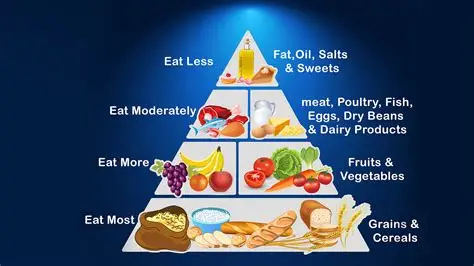
Lorem ipsum dolor sit amet, consectetur adipiscing elit. Suspendisse varius enim in eros elementum tristique. Duis cursus, mi quis viverra ornare, eros dolor interdum nulla, ut commodo diam libero vitae erat. Aenean faucibus nibh et justo cursus id rutrum lorem imperdiet. Nunc ut sem vitae risus tristique posuere.
Lorem ipsum dolor sit amet, consectetur adipiscing elit. Suspendisse varius enim in eros elementum tristique. Duis cursus, mi quis viverra ornare, eros dolor interdum nulla, ut commodo diam libero vitae erat. Aenean faucibus nibh et justo cursus id rutrum lorem imperdiet. Nunc ut sem vitae risus tristique posuere.